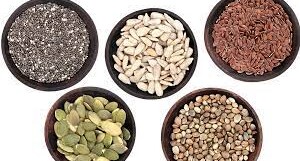Posted by Mary Demakes
on August 30, 2021
At Private Home Care, we are nuts about healthy ingredients in trail mix! Trail mix can be a very healthy snack. Traditional trail mixes are loaded with nuts, seeds, and dried fruit.
Why we love nuts:
-High in monounsaturated fats
-Nuts may significantly lower your risk of heart attack and stroke. Eating nuts decreases “bad” LDL particle size and triglycerides while boosting “good” HDL cholesterol, which improves artery function.
-Good sources of dietary protein
-High in dietary fiber. This means that eating nuts can reduce disease risk, aid in weight loss by helping keep you full, decrease calorie absorption, and improve gut health.
-Rich in antioxidants, including the polyphenols in nuts, which can combat oxidative stress.
-Rich in vitamins E, B6, niacin and folate; and they provide minerals such as magnesium, zinc, plant iron, calcium, copper, selenium, phosphorus and potassium.
-Eating nuts may help reduce inflammation! Nuts have strong anti-inflammatory properties. Inflammation is your body’s way of defending itself from injury, bacteria, and other potentially harmful pathogens. However, chronic, long-term inflammation can cause damage to organs and increase disease risk. Research suggests that eating nuts may reduce inflammation and promote healthy aging!







